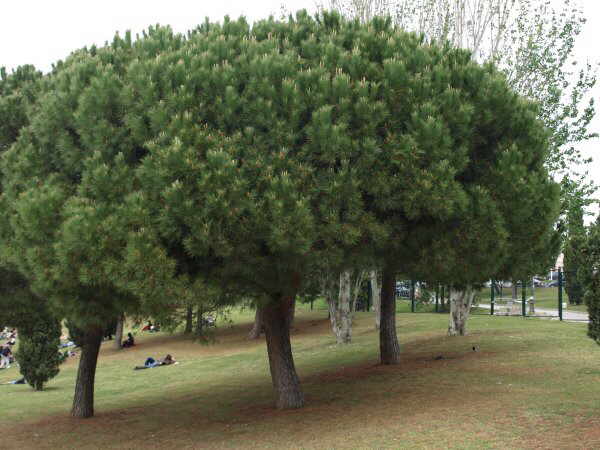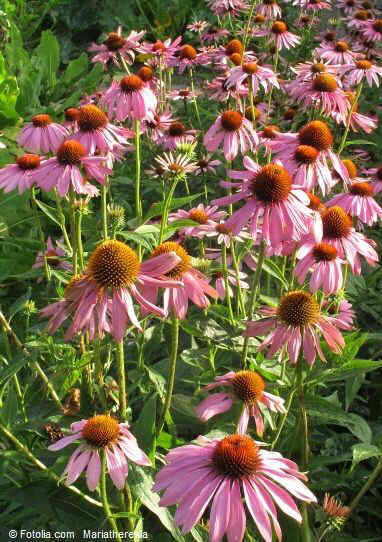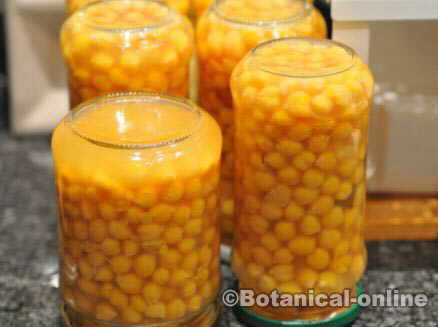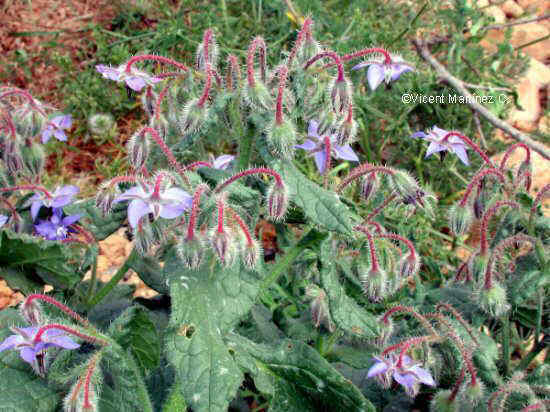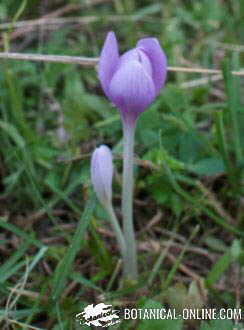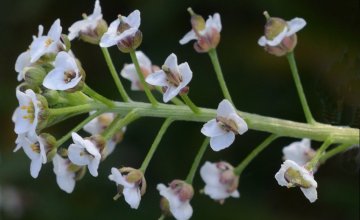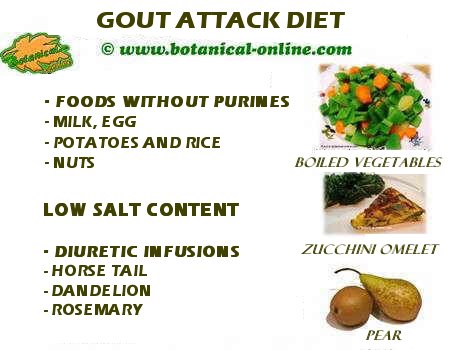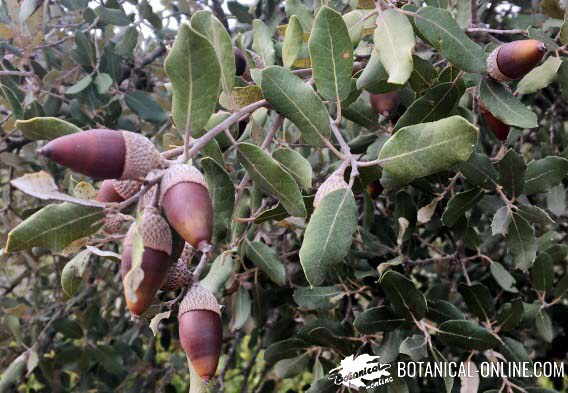Contents
Plant food for cancer
WHICH IS THE BEST FOOD FOR CANCER PREVENTION?
Among all vegetable foods, those ones which are especially suitable to avoid the appearance of cancerous tumors or inhibit their development, are the following:
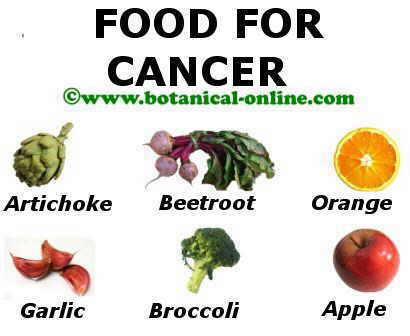
Foods with components that protect against certain types of cancers.
Recommended foods to prevent cancer or inhibit cancerous tumors development
There are some special foods that, frequently eaten, can protect us against cancer or even avoid cancerous cells to grow. Among the more effective, we have the following:
- Grapes: Black grapes are rich in ellagic acid and resveratrol, components that have anticancer properties.
- Guanabana, soursop or graviola: This fruit is rich in acetogenins, components which are considered fighting cancer.
CRUCIFEROUS TO PREVENT CANCER |
| Cabbage and members of the family of cabbages (Broccoli, watercress, arugula, cauliflower, Brussels sprouts, etc.) are very rich in vitamin C, cysteine, glucosinolates and sulforraphane. (More information on Cruciferous against cancer) |
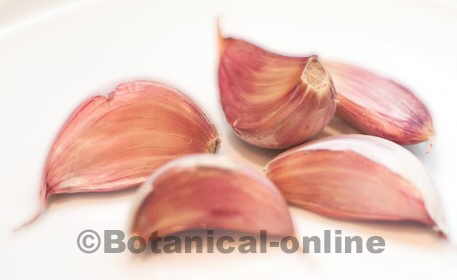 Garlic is one of the best anti-cancerous foods
Garlic is one of the best anti-cancerous foods
- Garlic: Garlic is probably the best anticancer plant. It has more than 40 compounds that inhibit the growth of cells that could become cancerous. We must not forget to eat garlic, especially raw, as often as possible. (See study of the plant to avoid possible contraindications)
- Onions: They are another powerful anticancer vegetal. Onions should not be absent from our meals. It is very healthy to eat them raw in salads.
- Tomatoes: Tomatoes have as many components as garlic. Among them, one of the most powerful antioxidants is lycopene (the dye that gives it its red color and is also able to prevent the development of cancerous tumors in many parts of the body). Tomatoes can be eaten fresh, but when they are preserved, they become even richer in lycopene (Characteristics of lycopene)
 Betacarotenes from carrots protect us against cancer
Betacarotenes from carrots protect us against cancer - Carrots: Among other components, they are rich in beta carotene and fiber content and pectin. Adding carrots in our foods, especially raw, becomes a good way of getting a powerful antioxidant that protects us from cancer.
- Beets The action of betaine and allantoin renew the cells and increase the defenses.
- Argan oil: Argan oil has a richness in plant components such as vitamin E (tocopherols), carotenoids, phytosterols (eschottenol) and squalene, natural antioxidants that relate it to the prevention of cancer. It contains more than twice as much vitamin E as olive oil.
 Peppers, very rich in lycopene, an antioxidant component that protects us against cancer
Peppers, very rich in lycopene, an antioxidant component that protects us against cancer - Peppers: They contain lots of vitamin C, lycopene and betacarotene, components with proven anticancer properties. They should be eaten raw and we should choose the best red ones.
- Artichokes: They contain inulin, a polysaccharide very effective in preventing breast and colon cancer.
- Sweet potatoes: Due to its high content of tocopherol and beta-carotene, sweet potatoes stimulate the immune system, being a protective food against breast cancer. Scientific studies have shown that women who consume foods rich in carotenoids have a lower risk of suffering from this type of cancer.
 Strawberries are rich in vitamin C, an antioxidant which protects us from cancer development
Strawberries are rich in vitamin C, an antioxidant which protects us from cancer development - Strawberries and raspberries: Rich in vitamin C, ellagic acid, linoleic and alphalinolenic. These are substances capable of inhibiting cancer substances that can attack healthy cells. It is helpful to eat these fruits as a dessert from time to time. In the case of strawberries, a purifying diet with this food can be a good way to eliminate toxins from the body.
- Oranges: Vitamin C, fiber, limonene, pectin or amino acids like serine or alanine are recognized anticancer compounds that can be acquired by eating these fruits.
- Apples: We should eat them because of its content in catechins and quercetin, two phytochemicals that protect against the activity of free radicals.
- Pitahayas: They possess betacyanins (a type of betalains), some purple pigments with anticancer properties.
- Chickpeas: The lecithin content in chickpeas is higher than in other legumes such as soybeans or peanuts. Lecithin is necessary for the formation of choline. choline helps the liver to prevent or treat a variety of diseases that can affect it, such as cirrhosis, hepatitis, liver cancer or degradation of the liver caused by toxins.
- Soy: For its wealth of isoflavones, especially genistein, it inhibits the growth of cancer cells, especially breast cancer and prostate cancer. Eating this vegetable regularly (or some of its many derivatives, such as tofu, yogurt, liquid soybean, soybean sprouts, tofu, etc.), can help in preventing this type of cancer or its development.
Did you know that … Vitamin C is a potent antioxidant found in vegetables. However, it only remains in the blood for 5 hours. For this reason, it is advisable to take foods rich in Vitamin C in each meal. |
Aromatic spices and condiments against cancer
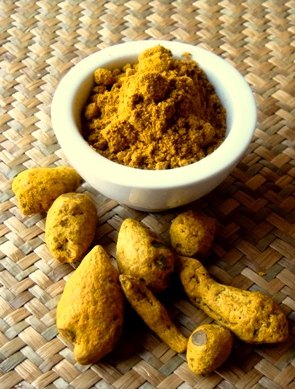 Photo of turmeric rhizome and its powder
Photo of turmeric rhizome and its powder
- Turmeric : The latest research on the effects of turmeric supplementation has revealed that curcuminoids have a protective effect against skin cancer, duodenum cancer, breast cancer, and colon cancer. It is also used to help the body overcome the effects of anticancer drugs. (Turmeric for cancer)
- Cumin: Cumin supplements are also effective in preventing colon cancer, as recent studies have shown.
- Caraway: Using this seasoning does nothing but increase our health. In addition to giving us new nuances of flavor to cheese, salads, breads and stews, these delicate fruits are rich in antioxidant and anticarcinogenic aromatic components. Among its components, there are high amounts of carvone, limonene, gammaterpinene and carveol.
- Saffron : Saffron contains beta carotene, and flavonoids, which help delay tumor growth, extending life expectancy. It has also been observed that saffron can reduce kidney damage caused by some medications. However, this is still a field under study, which has not been tested in humans.
![]() More information about cancer.
More information about cancer.

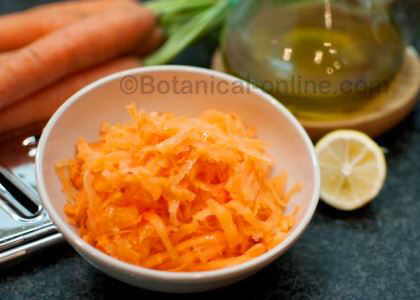 Betacarotenes from carrots protect us against cancer
Betacarotenes from carrots protect us against cancer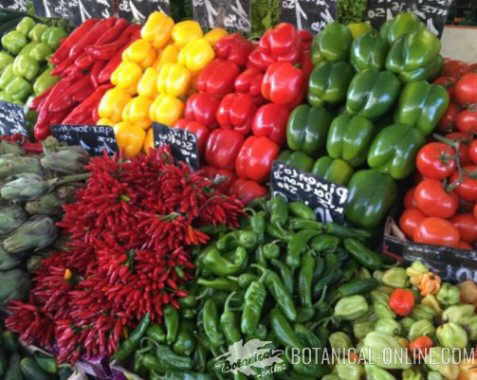 Peppers, very rich in lycopene, an antioxidant component that protects us against cancer
Peppers, very rich in lycopene, an antioxidant component that protects us against cancer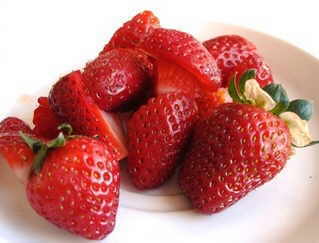 Strawberries are rich in vitamin C, an antioxidant which protects us from cancer development
Strawberries are rich in vitamin C, an antioxidant which protects us from cancer development